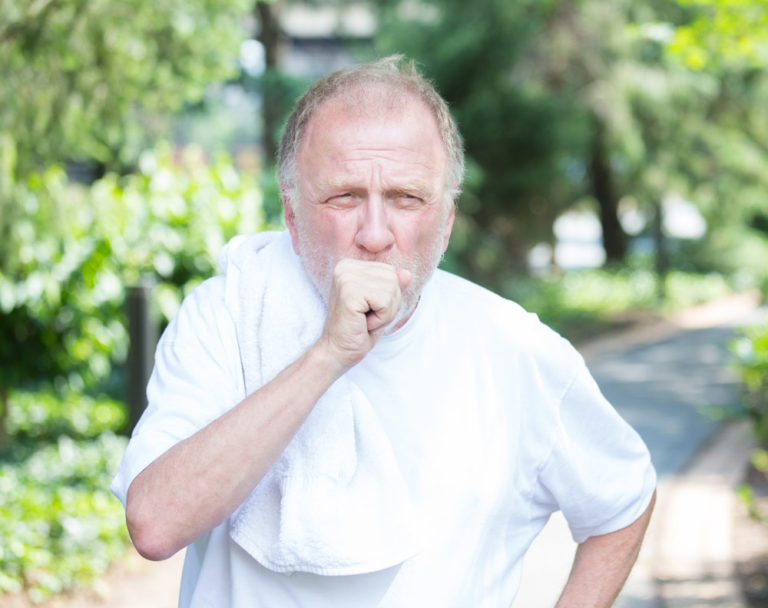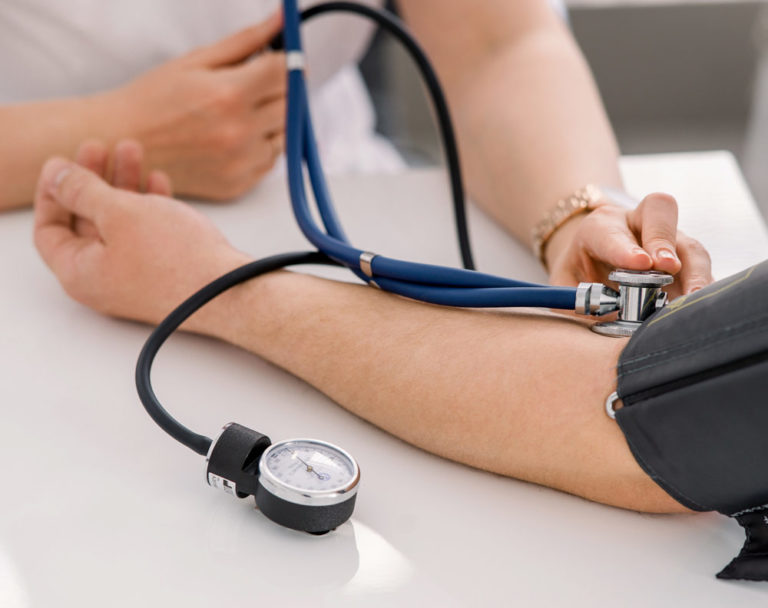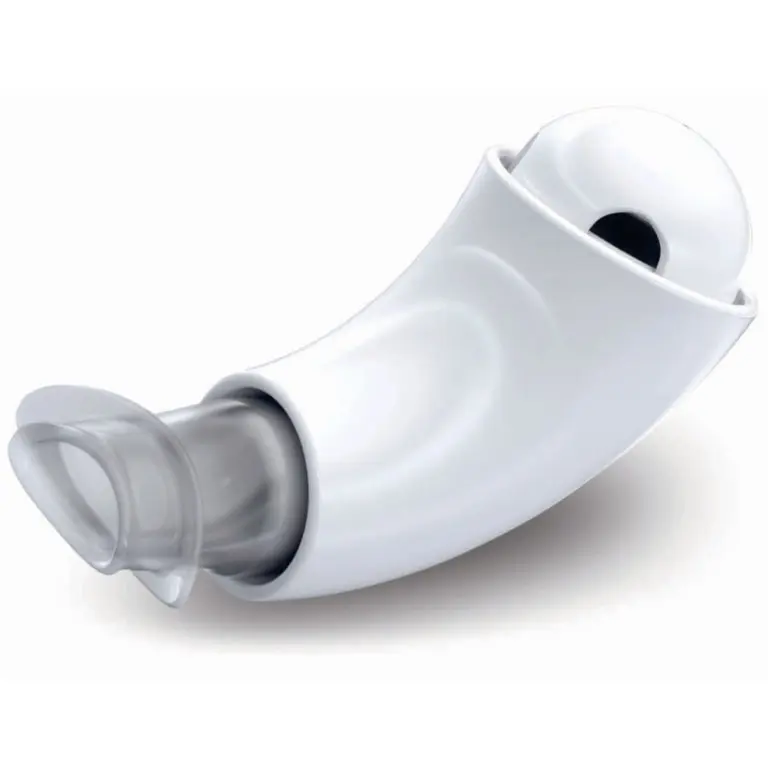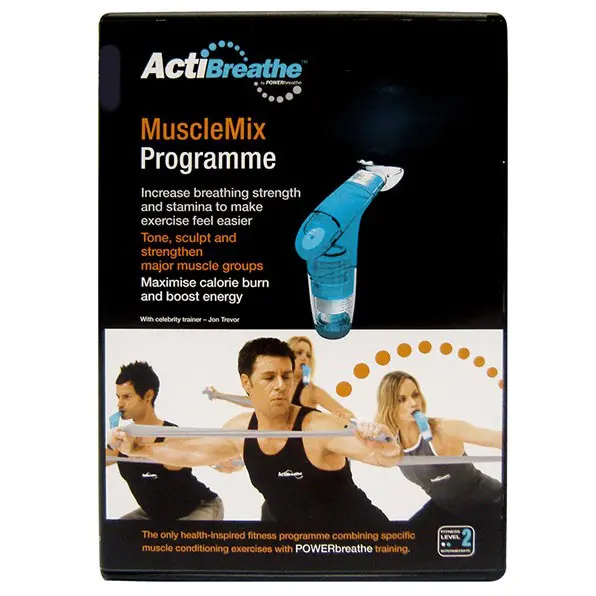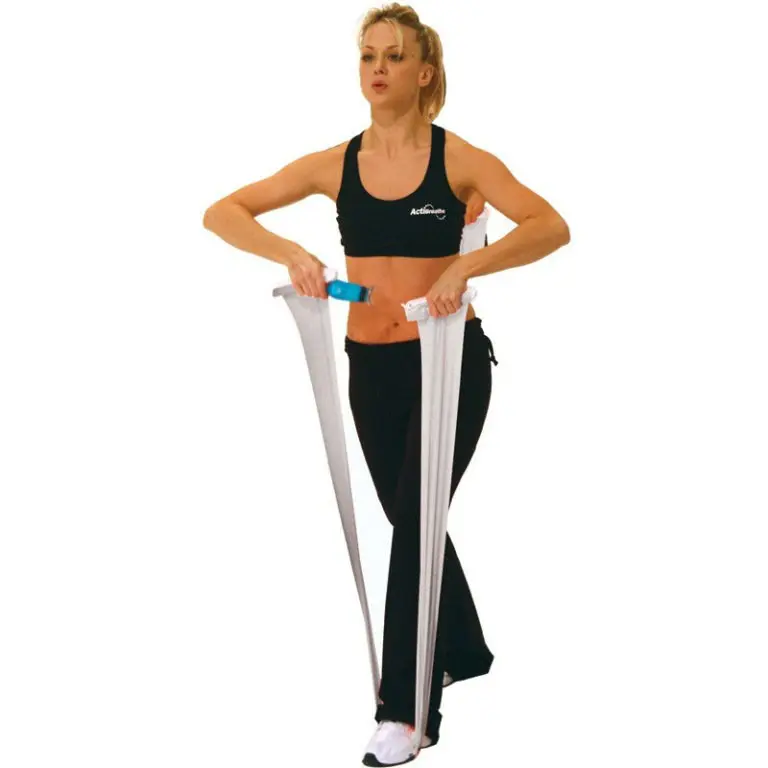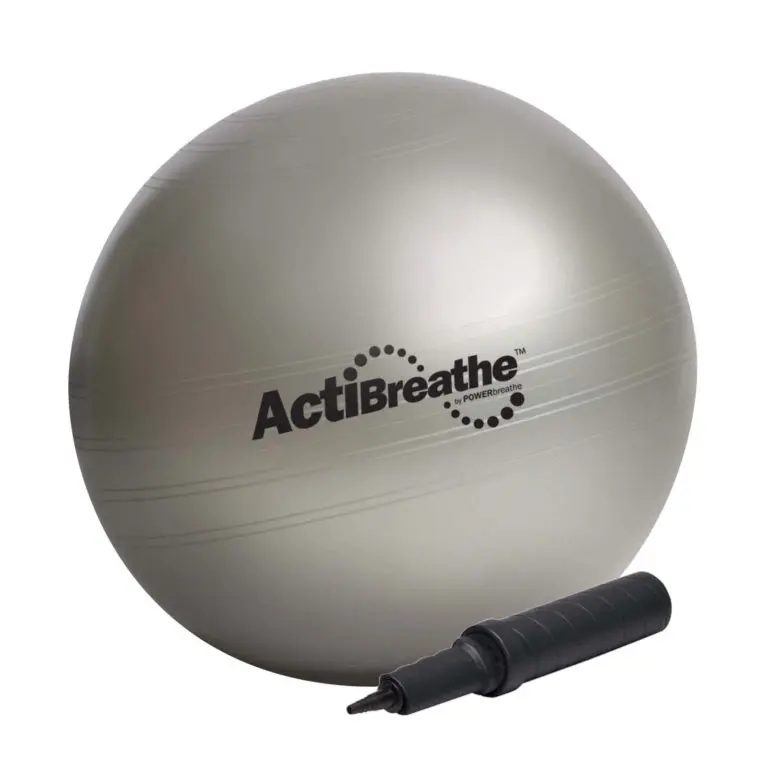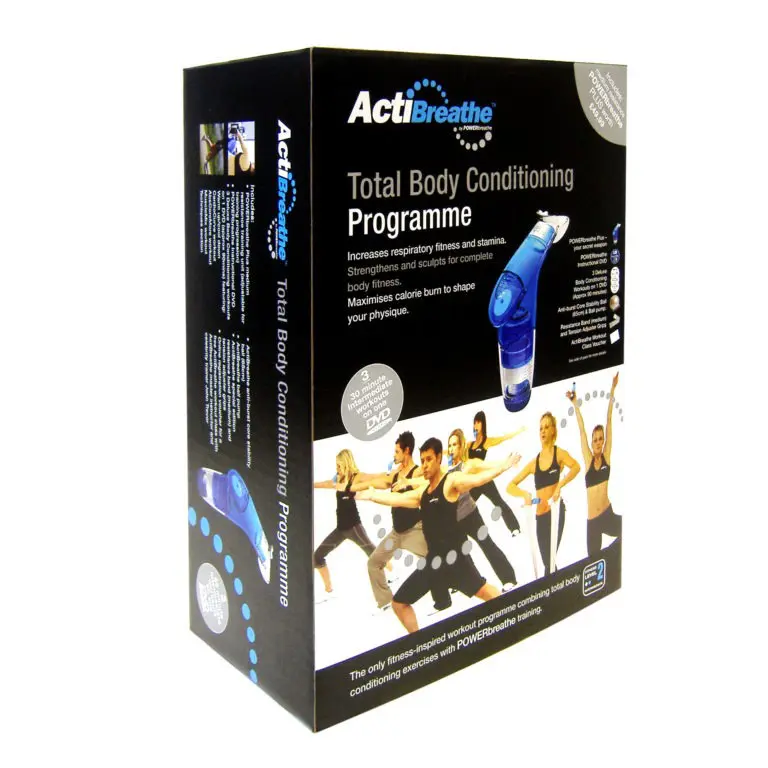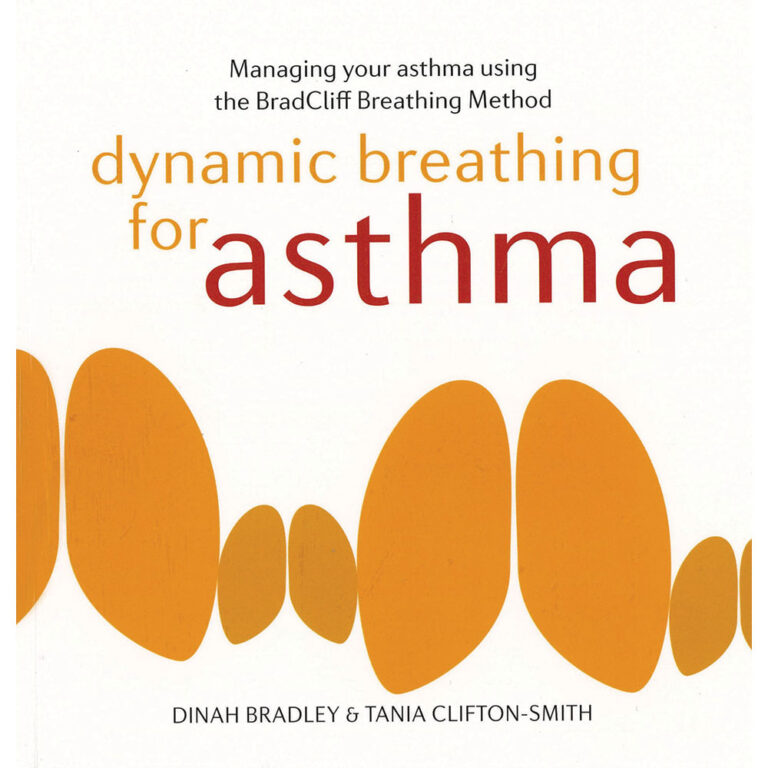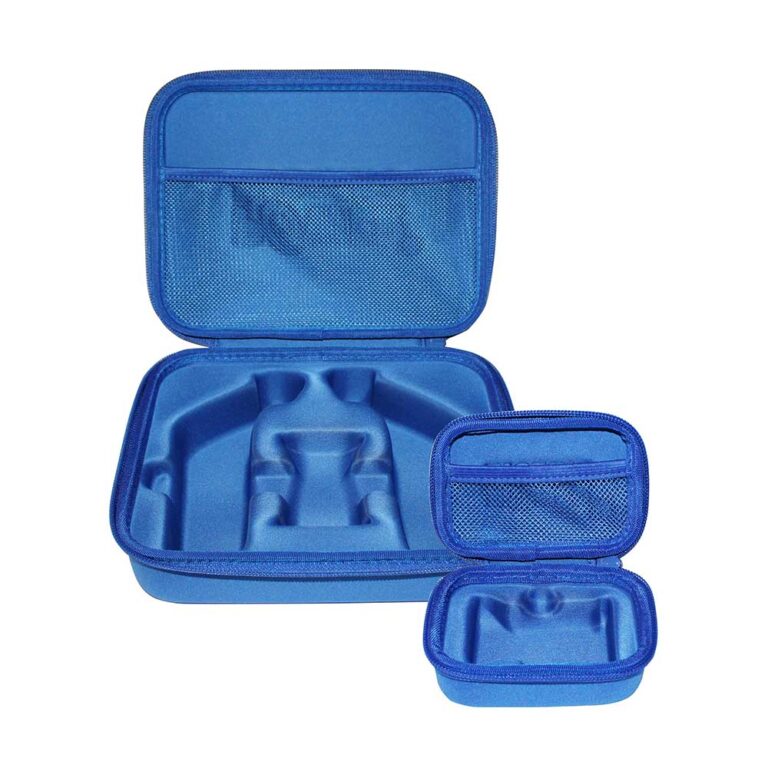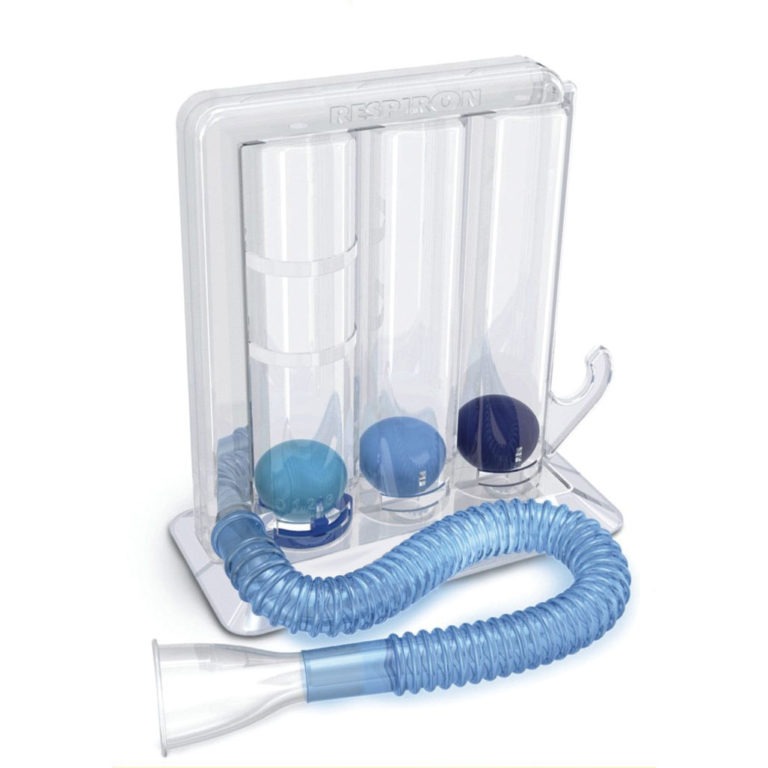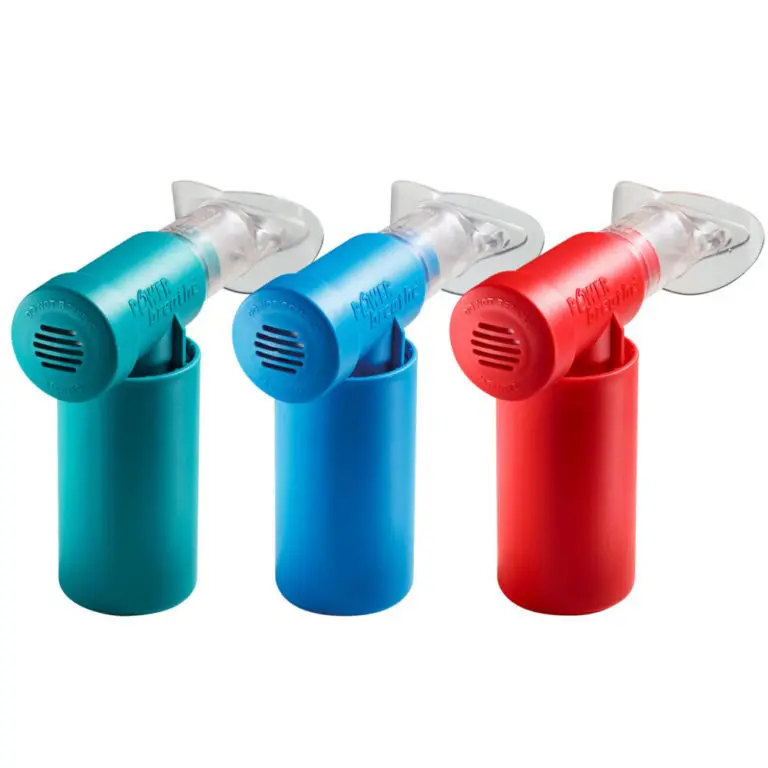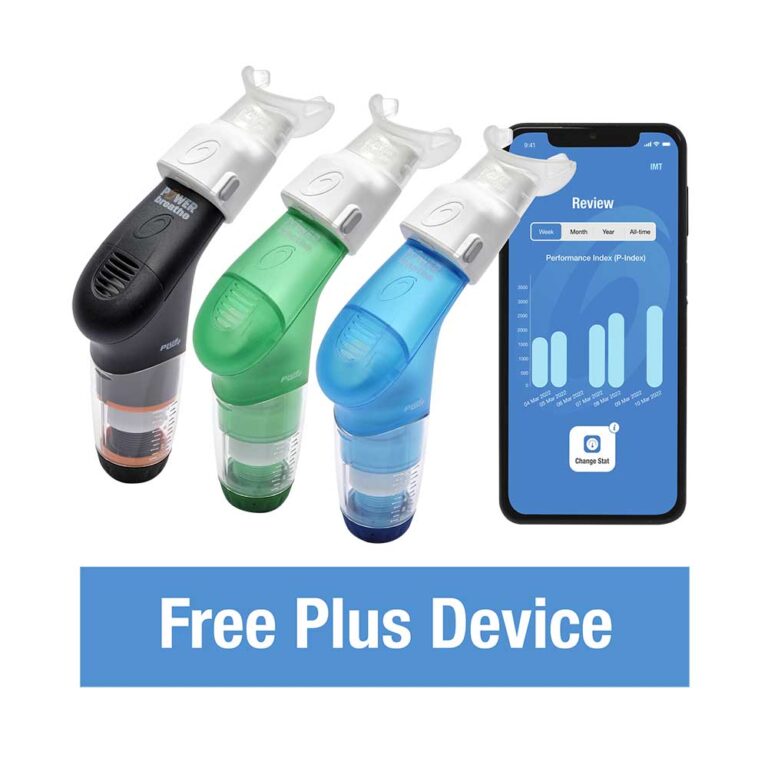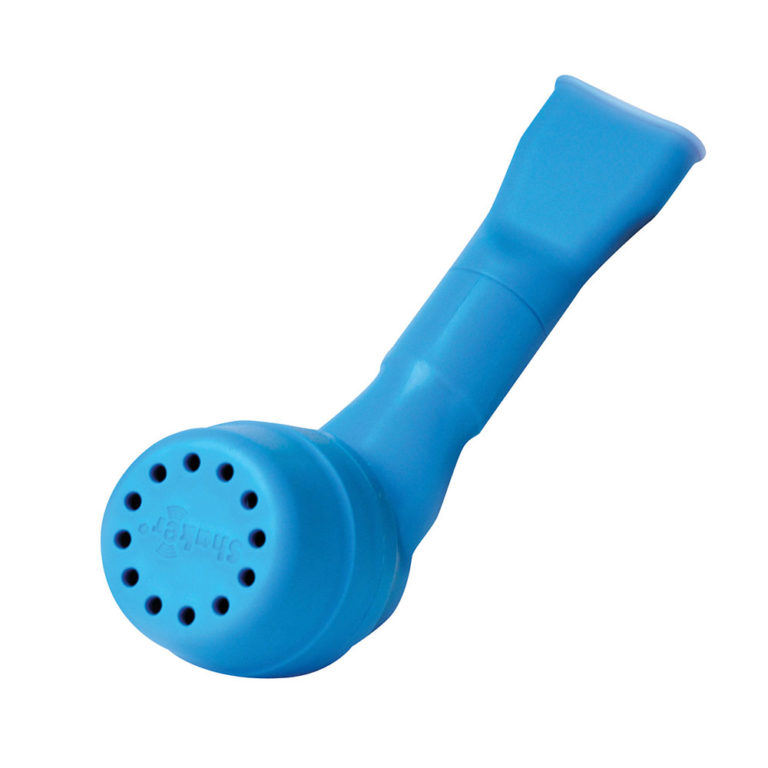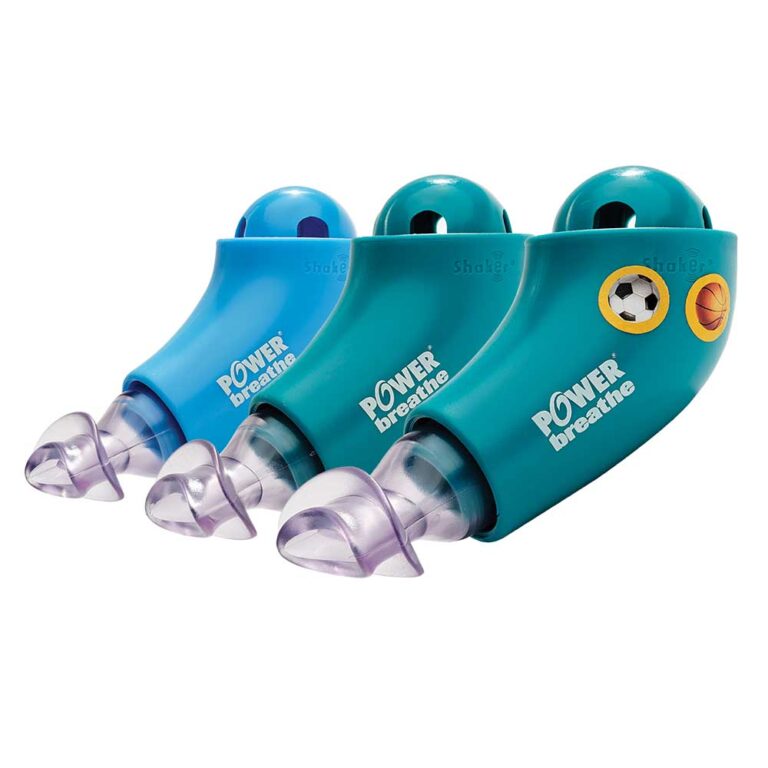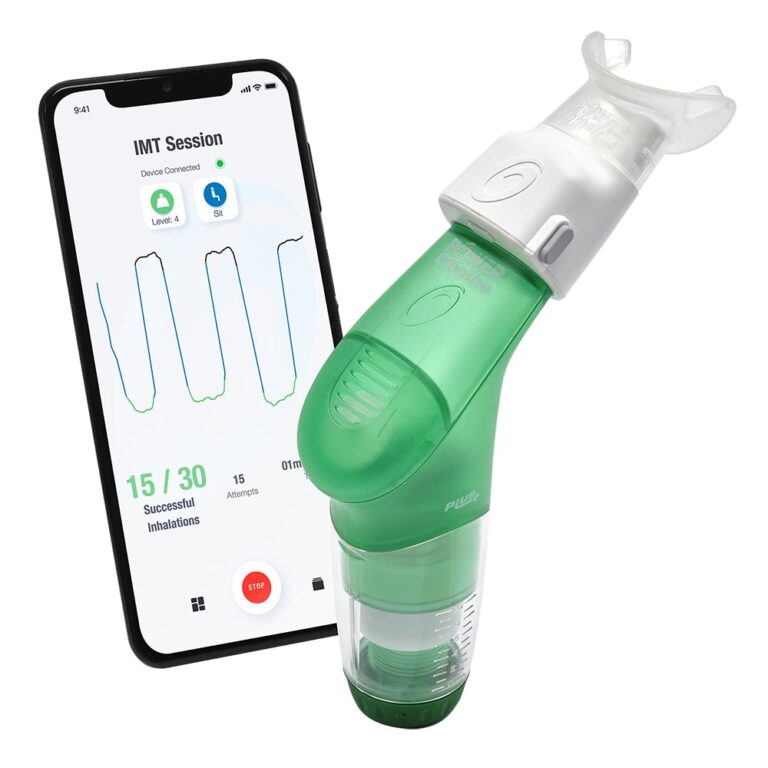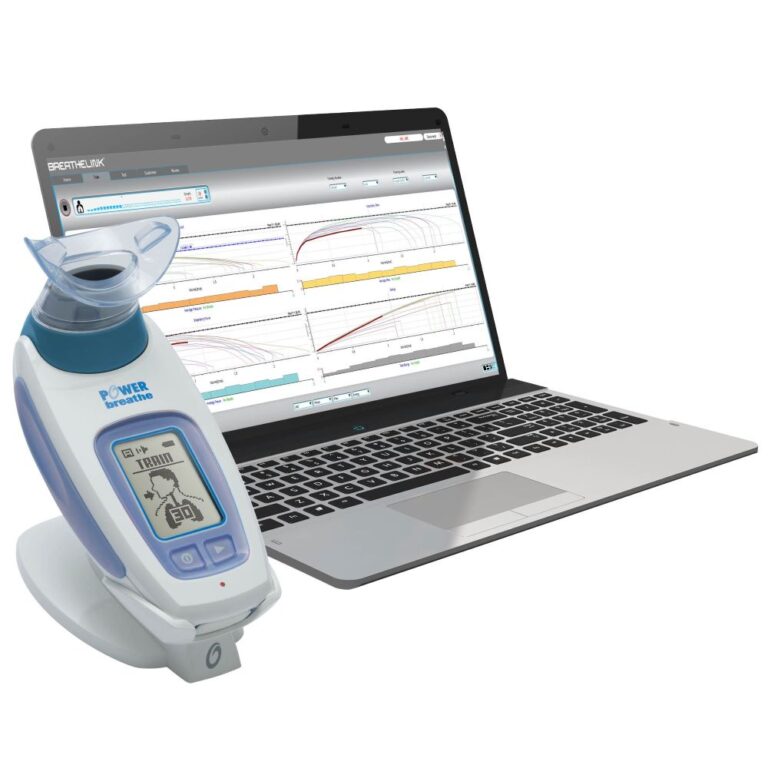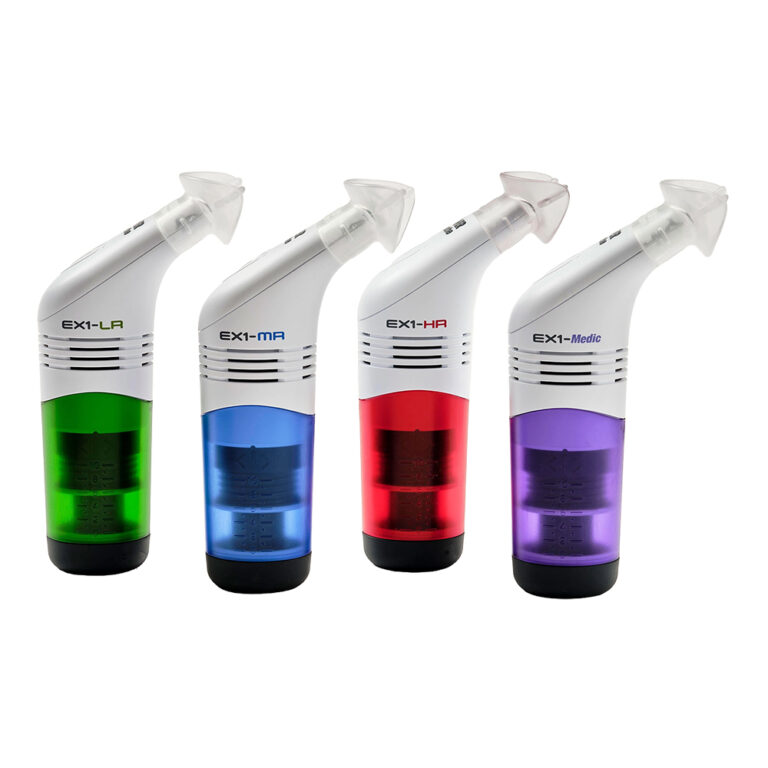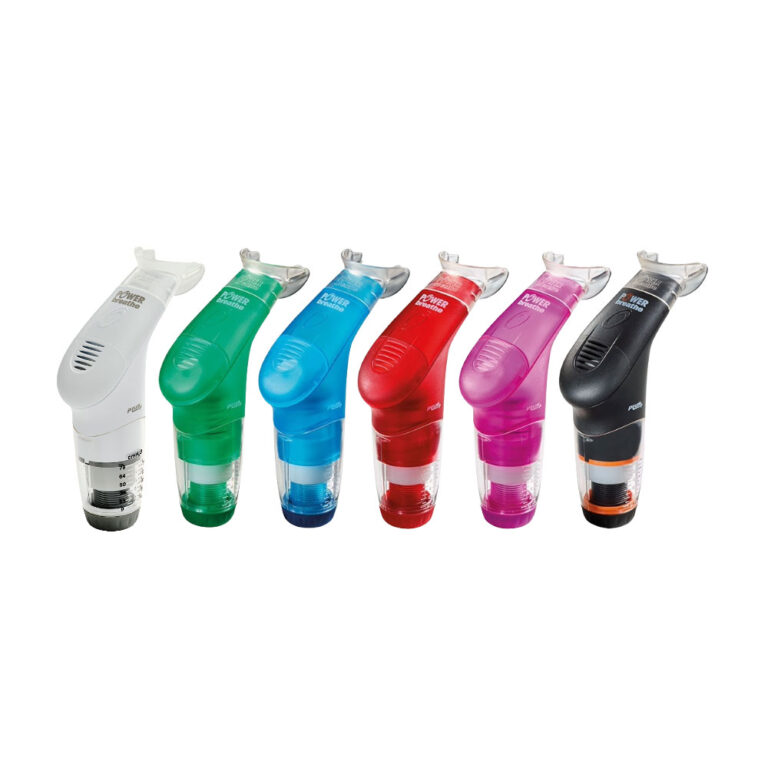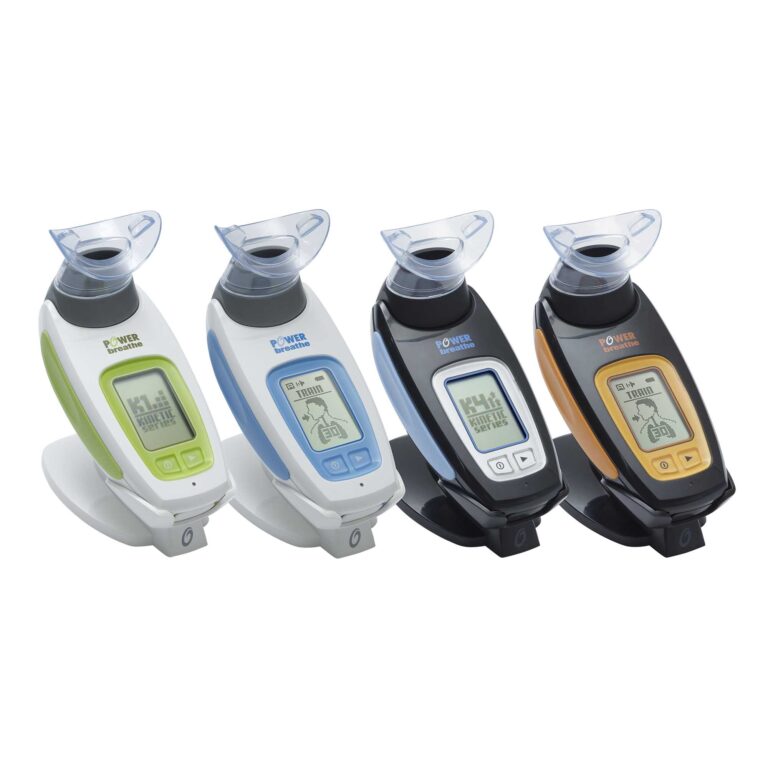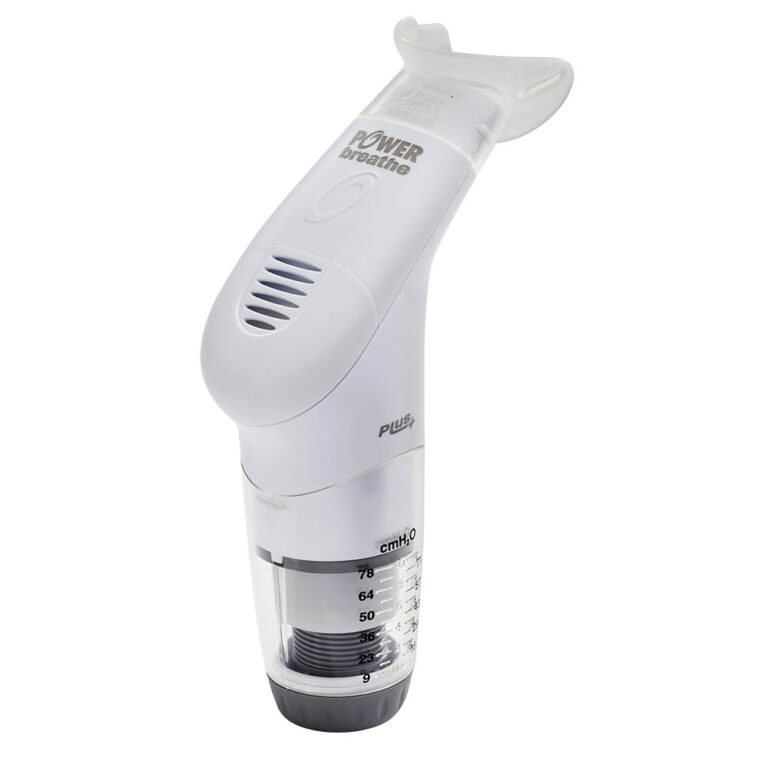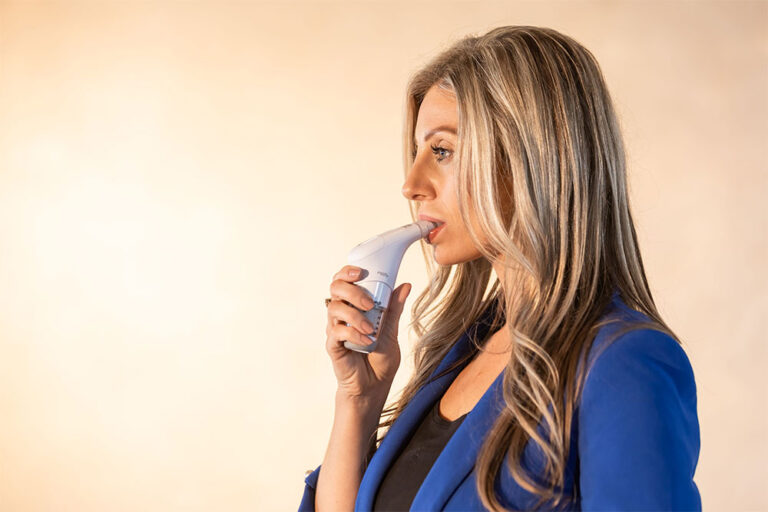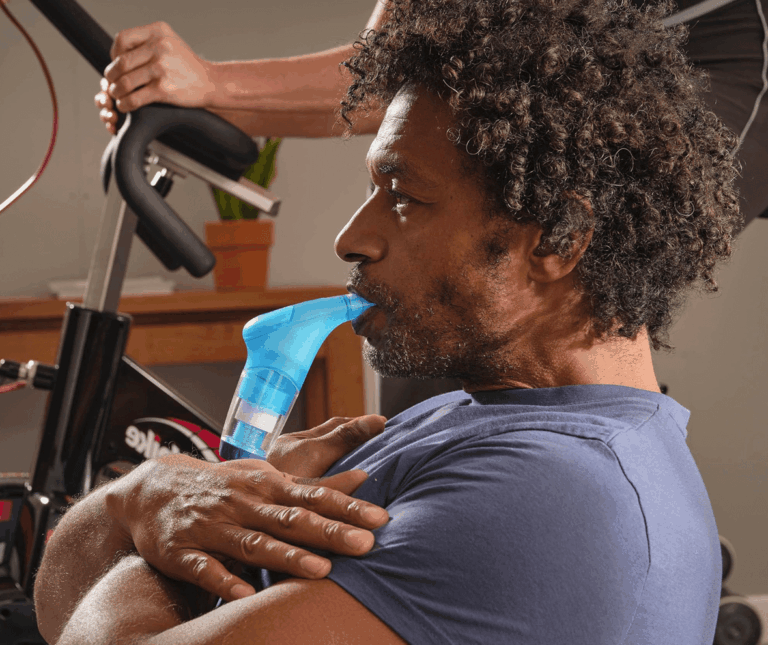
Asthma
POWERbreathe Inspiratory Muscle Training relieves symptoms of asthma by improving lung function, resulting in a reduction of medication.
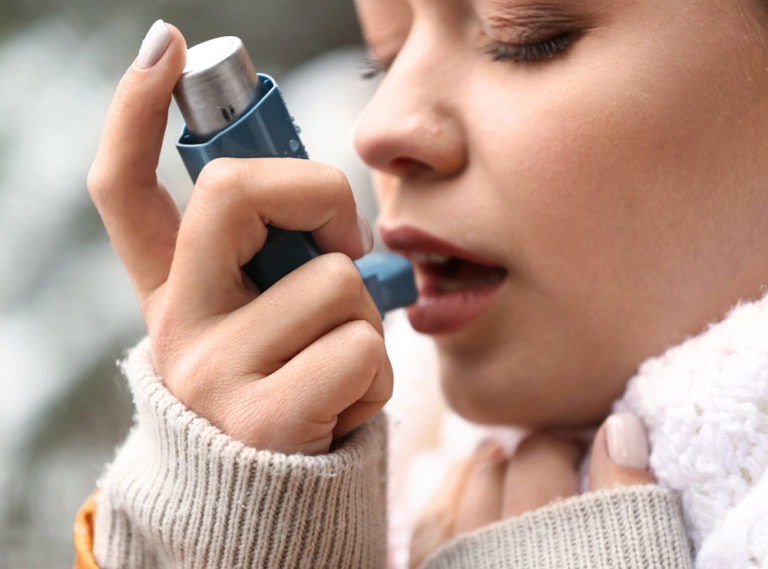
Breathing Effort In Asthma
You’ll be familiar with symptoms such as coughing, wheezing, shortness of breath and tightness in the chest. If your asthma is not well controlled you may find it difficult to breathe; breathe with short shallow breaths; or feel that you can’t maintain your usual level of activity.
Inspiratory Muscle Training (IMT), such as POWERbreathe IMT is shown to relieve symptoms of asthma by improving lung function, resulting in reduction of medication and fall in hospitalisations.
IMT has been shown to generate:

Breathing Training is Clinically Proven
POWERbreathe IMT breathing muscle training is a drug-free, clinically-proven method of reducing your asthma symptoms. It can be used alongside your asthma medicine as it has no side effects or drug interactions; just speak to your GP or asthma nurse first. Read Precautions and Contraindications.
Exercise-Induced Asthma
The symptoms of exercise-induced asthma are the same as for asthma, that is a tightness in your chest, coughing, wheezing and difficulty breathing, but with exercise-induced asthma you’ll notice these symptoms begin after you’ve exercised, and probably worsen 15-minutes after you’ve finished exercising.
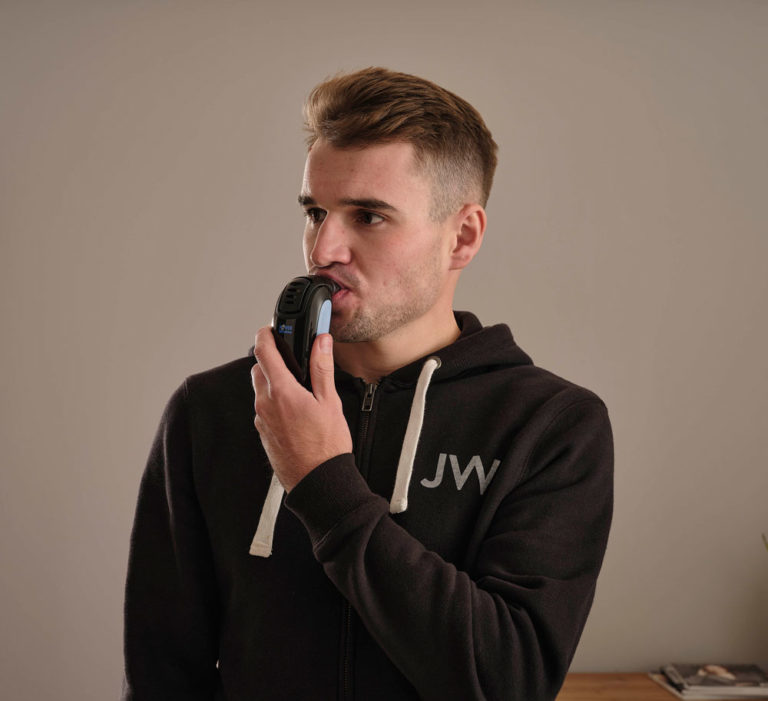
The physical effort of exercise will make your breathing rate increase as your body demands more oxygen which in turn makes it more difficult for your nose and upper airways to warm-up the air and add moisture to the air you breathe in. This means the air you’re breathing in is drier and colder than usual and it is thought that it is this that triggers symptoms of exercise-induced asthma.
Outdoor exercise and sport is more likely to trigger these exercise-induced asthma symptoms because the air will be cold, but sports such as swimming and yoga are tolerated more because in swimming the air is warm and humid (if swimming indoors) although trichloramine in the pool may trigger asthma. Yoga will help you focus on your breathing.
You can help reduce your symptoms of exercise-induced asthma by warming-up first – warming up your inspiratory muscles using POWERbreathe can be very beneficial – avoiding cold air, and taking time to cool-down and recover, again, which is also where POWERbreathe IMT has been shown to be beneficial.
Select An Activity
Related Products
Downloads
Patient Leaflet for Healthcare Professionals
